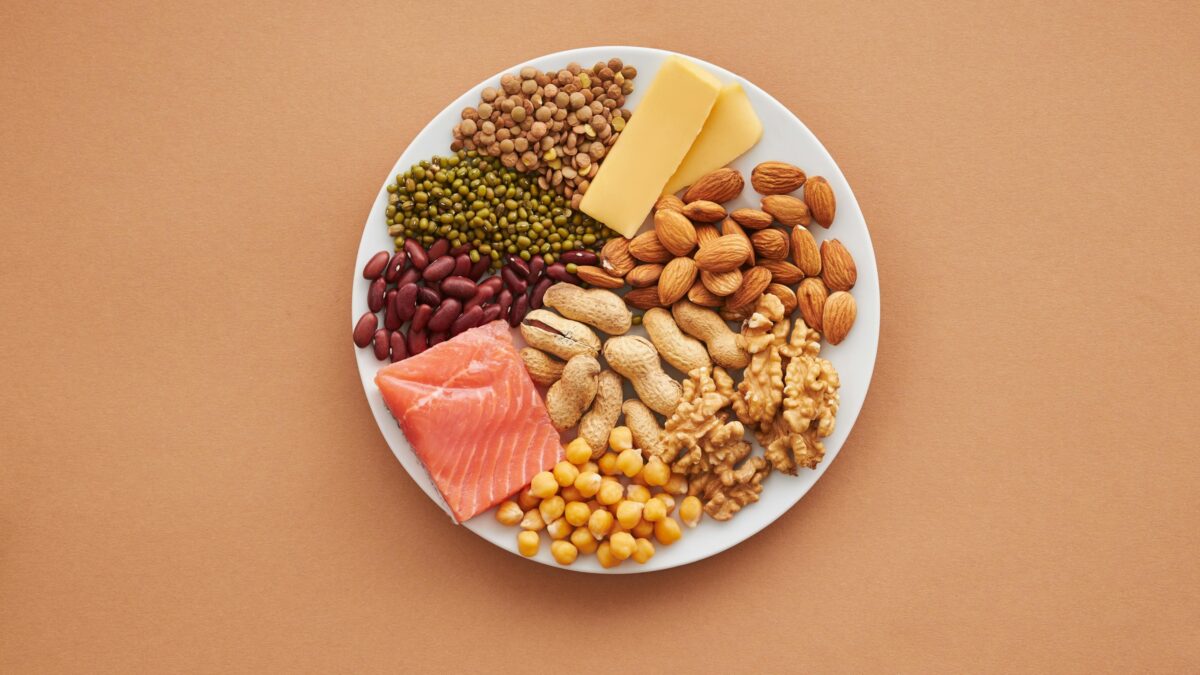
Moderate Alcohol Consumption Linked to Better Brain Function in Older Adults
January 2, 2025Foods That Boost Brainpower: A Nutritionist’s Guide to Cognitive Health
As we age, maintaining sharp cognitive function becomes increasingly important, and while there is no magic pill to prevent cognitive decline, adopting a brain-healthy diet can make a significant difference. According to Howard E. LeWine, MD, Chief Medical Editor of Harvard Health Publishing and Editorial Advisory Board Member, the most effective approach is to follow a balanced dietary pattern rich in fruits, vegetables, legumes, whole grains, and healthy fats. Plant-based proteins, fish, and oils like olive or canola oil should replace saturated fats in your diet. This strategy not only supports overall health but also provides specific nutrients linked to improved brain function. Research reveals that foods beneficial to brain health often align with those that protect the heart and blood vessels.
Green, leafy vegetables like kale, spinach, collards, and broccoli are nutritional powerhouses for the brain. Packed with vitamin K, lutein, folate, and beta carotene, these greens may help slow cognitive decline as we age. These nutrients are essential for maintaining brain health and protecting against conditions like Alzheimer’s disease. Incorporating a generous serving of these vegetables into your daily meals can provide long-term benefits. Pairing them with healthy fats, such as olive oil, can enhance the absorption of fat-soluble nutrients, making your meals even more effective for cognitive protection.
Fatty fish, a well-known source of omega-3 fatty acids, plays a crucial role in brain health. These healthy unsaturated fats have been shown to reduce blood levels of beta-amyloid, a protein linked to Alzheimer’s disease. Consuming fish like salmon, cod, canned light tuna, and pollack at least twice a week can significantly contribute to brain and heart health. For those who dislike fish, omega-3 supplements or plant-based sources such as flaxseeds, walnuts, and avocados are excellent alternatives. Omega-3-rich diets are also associated with lower blood pressure and reduced inflammation, both of which are beneficial for maintaining cognitive function.
Berries, tea, coffee, and walnuts are other dietary staples that support brainpower. Berries, particularly strawberries and blueberries, contain flavonoids that enhance memory and slow cognitive decline. A Harvard study demonstrated that women consuming two or more servings of berries weekly experienced a delay in memory decline by up to two-and-a-half years. Similarly, caffeine in tea and coffee offers cognitive benefits beyond boosting alertness. Studies from The Journal of Nutrition and Johns Hopkins University suggest that caffeine enhances mental performance and solidifies new memories. Walnuts, rich in alpha-linolenic acid (ALA), a type of omega-3 fatty acid, have been linked to improved cognitive test scores and better artery health, promoting both heart and brain function.

Incorporating these brain-boosting foods into your daily diet is a simple yet effective way to support long-term cognitive health. From leafy greens and fatty fish to berries, nuts, and caffeine, each food contributes unique nutrients that protect the brain and improve memory, focus, and overall mental clarity. As Dr. LeWine emphasizes, the key is not to rely on any single “superfood” but to embrace a well-rounded, nutritious diet. This holistic approach to eating ensures that you reap the full spectrum of benefits these foods have to offer, supporting not only brain function but overall well-being.






